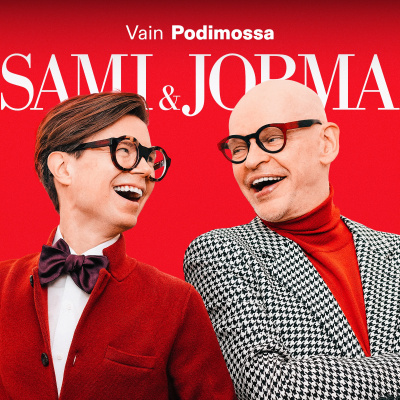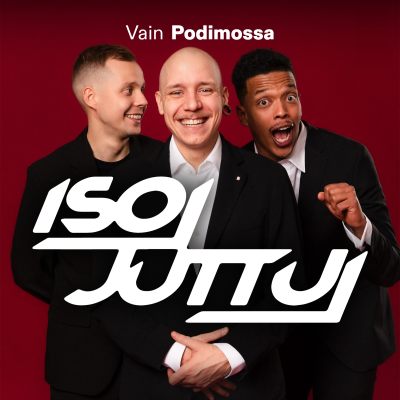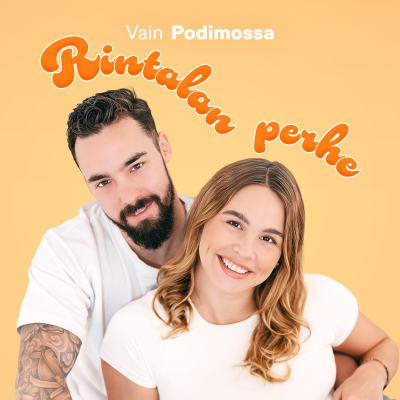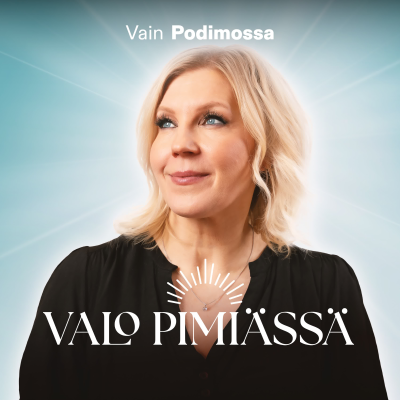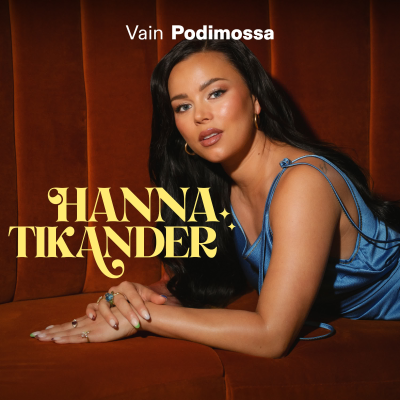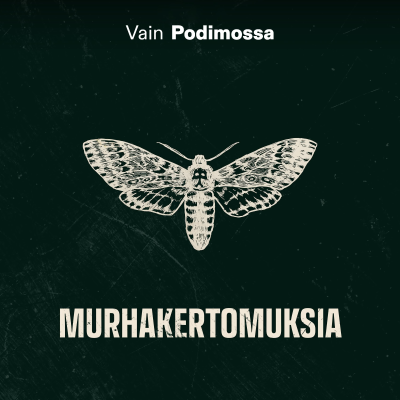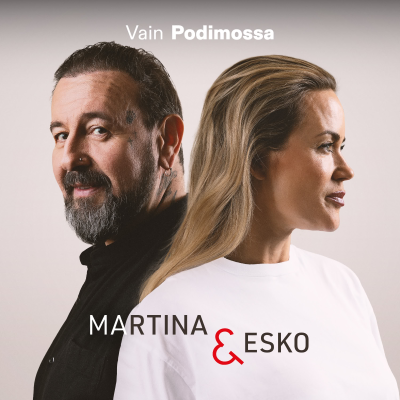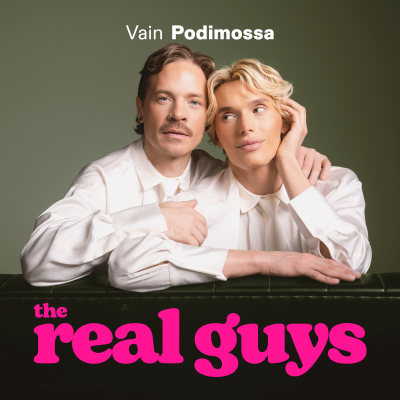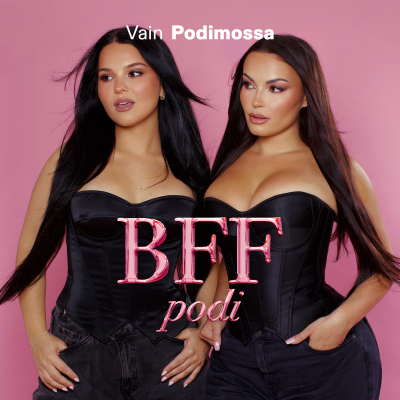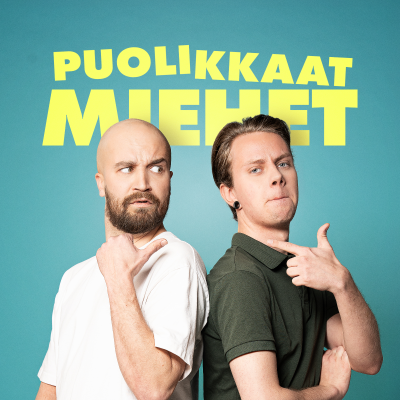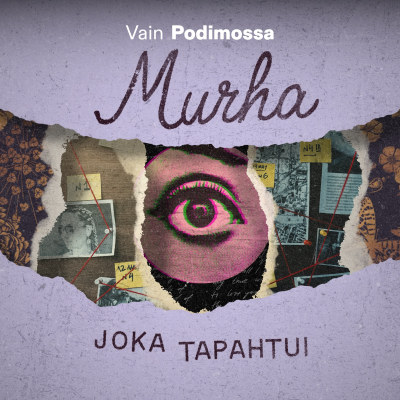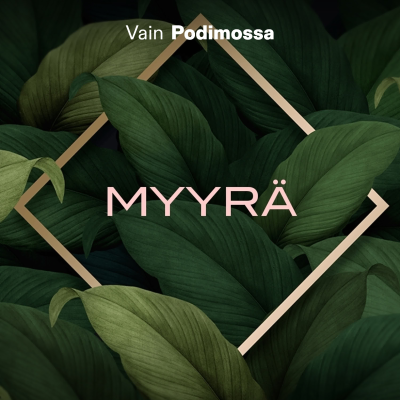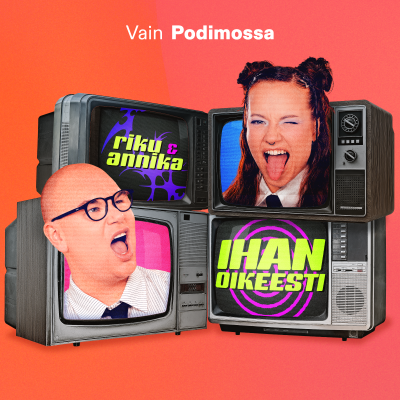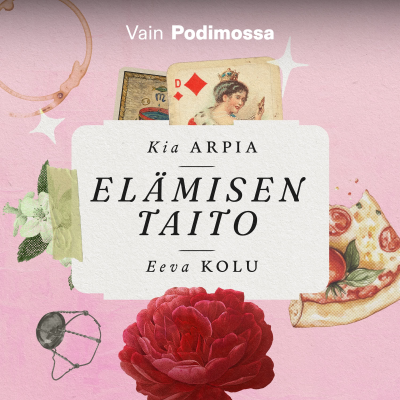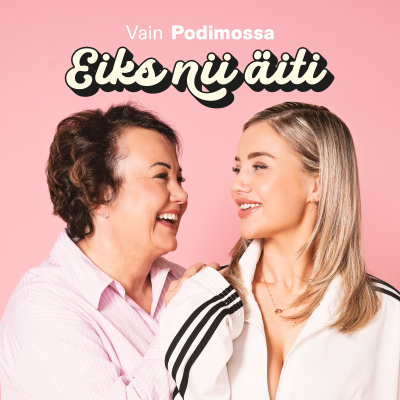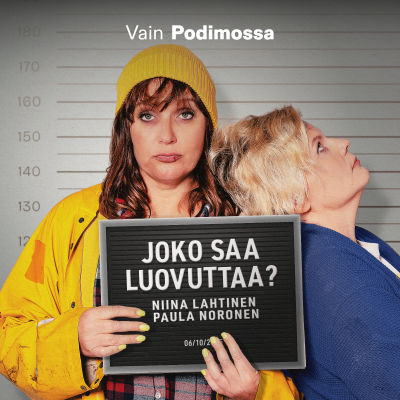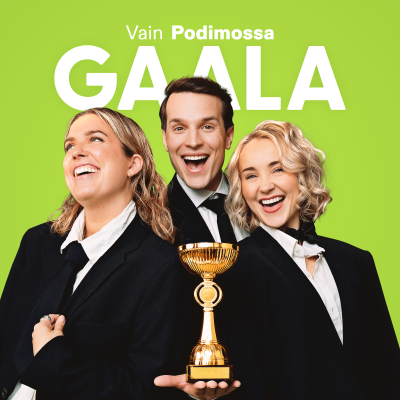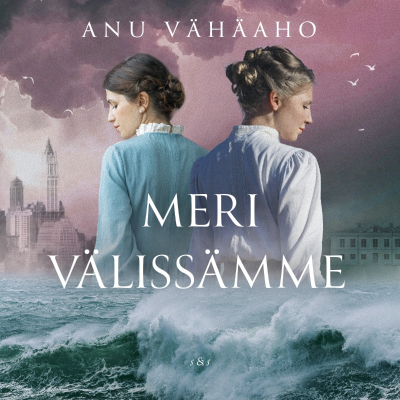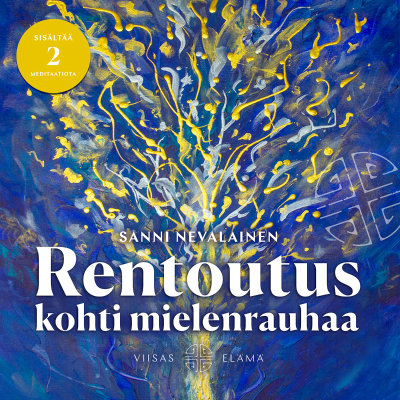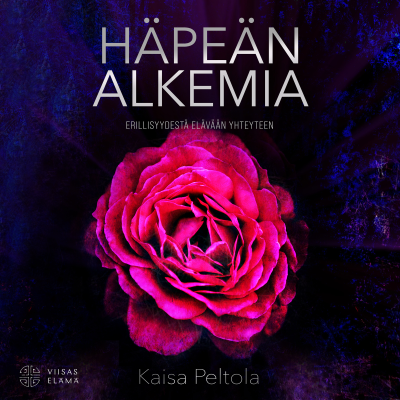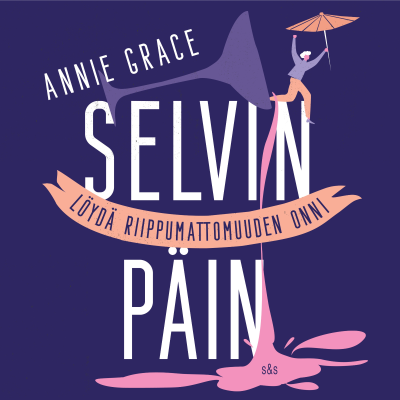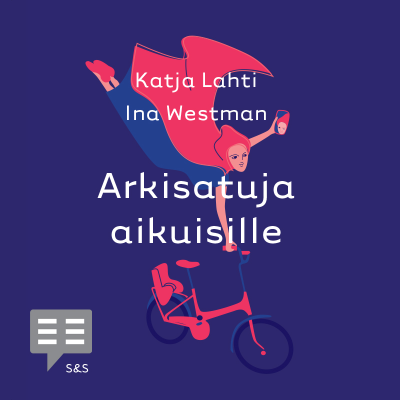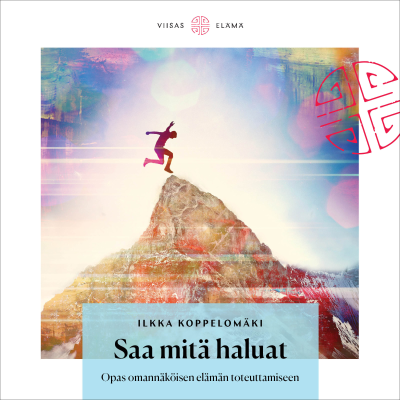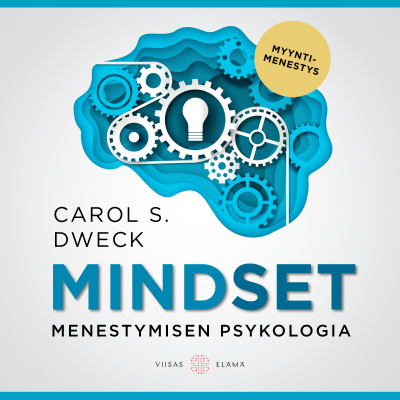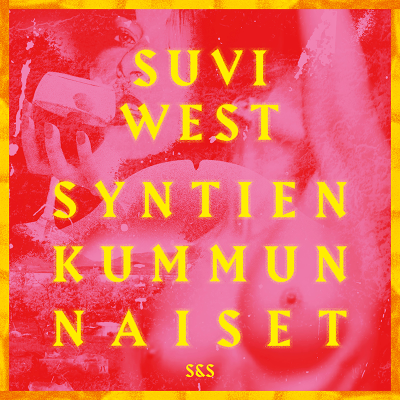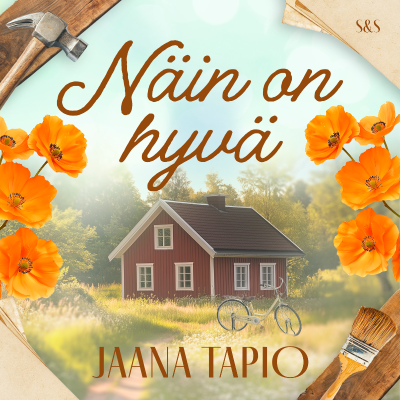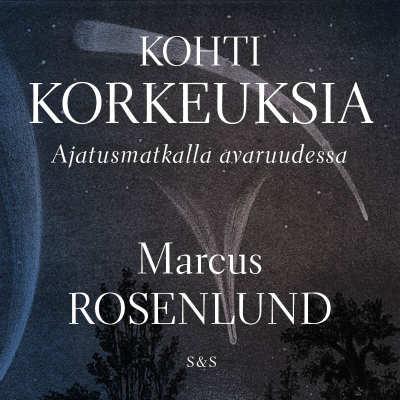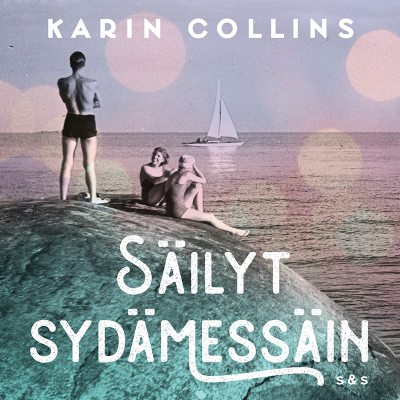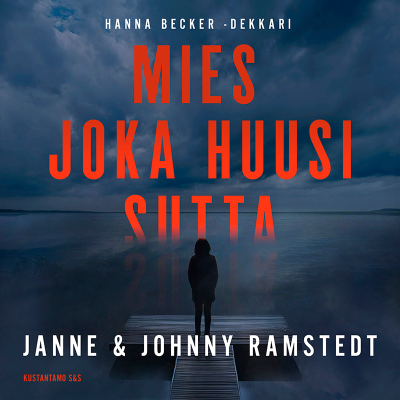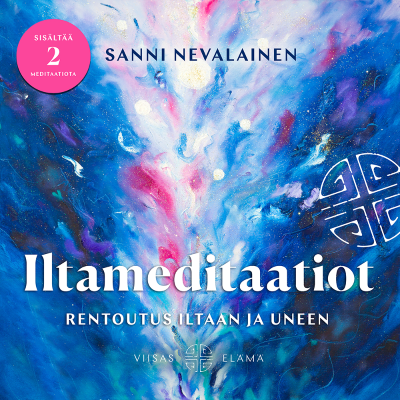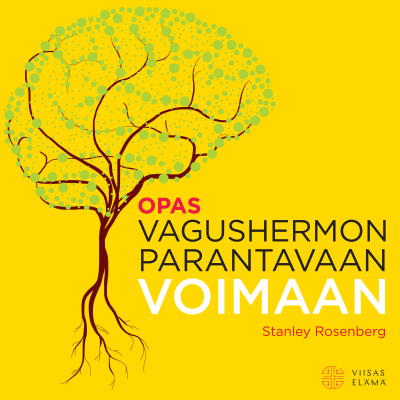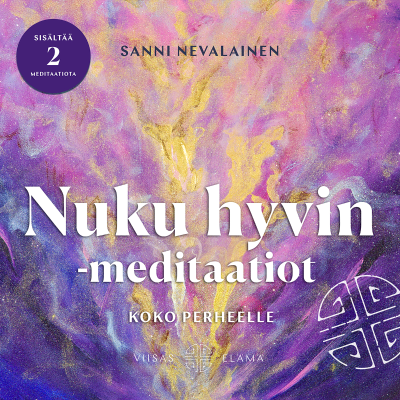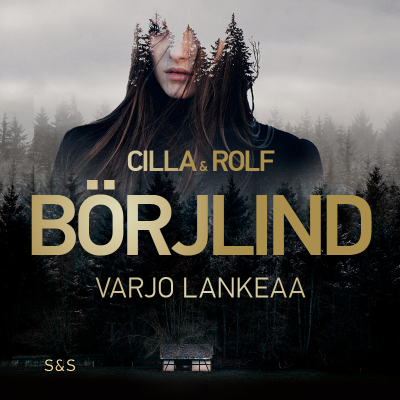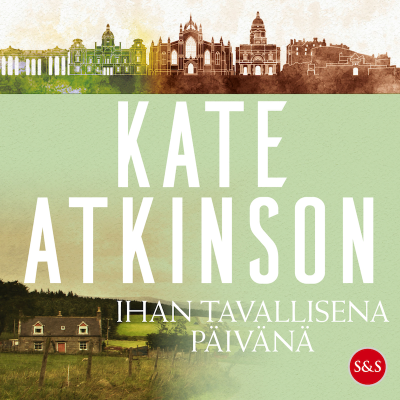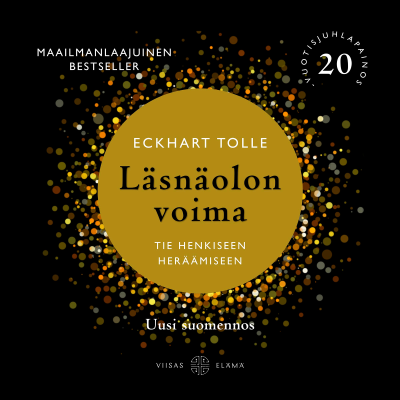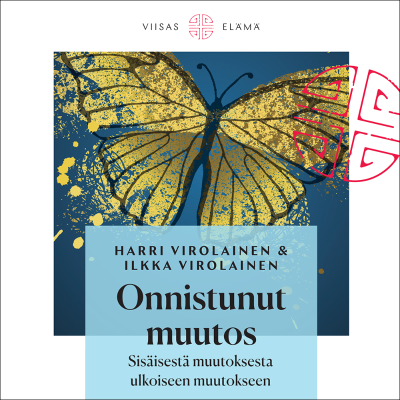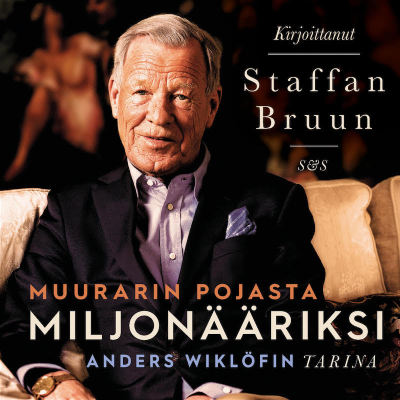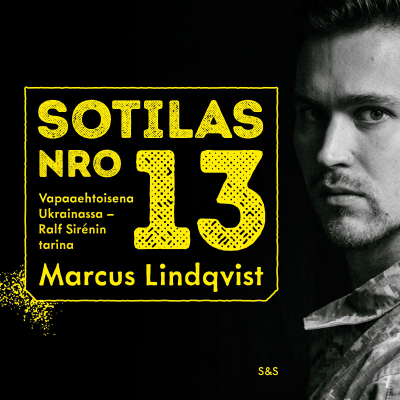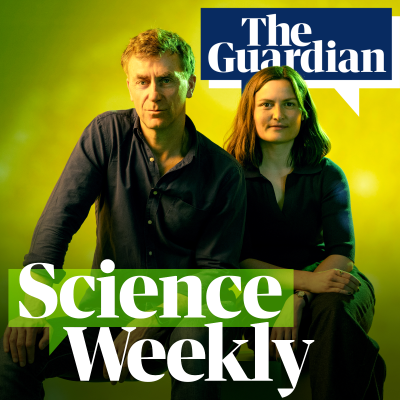
Science Weekly
englanti
Teknologia & tieteet
Rajoitettu tarjous
2 kuukautta hintaan 1 €
Sitten 7,99 € / kuukausiPeru milloin tahansa.
- Podimon podcastit
- Lataa offline-käyttöön
Lisää Science Weekly
Twice a week, the Guardian brings you the latest science and environment news
Kaikki jaksot
888 jaksotCan degrowth save the climate?
Since the 1960s, global GDP has been rapidly rising and living standards have reached record highs. But something else has been rocketing up too – carbon emissions. For years, scientists and economists have been asking: is it possible to grow without heating and polluting the Earth? And as the climate becomes more unstable, the issue is only becoming more urgent. Madeleine Finlay hears from two economists arguing for a change in how we measure a country’s success. Nick Stern is professor of economics and government at the London School of Economics and an advocate of green growth, an approach to growth that prioritises green industry. Jason Hickel is a political economist and professor at the Autonomous University of Barcelona who advocates degrowth, shrinking parts of the economy that do not advance our social and ecological goals.. Help support our independent journalism at theguardian.com/sciencepod [https://www.theguardian.com/sciencepod]
The truth about fat, and its complex role in our health
For a long time fat was seen simply as an inert yellow substance wrapping around our bodies, but now that’s changing. Scientists are beginning to understand that our fat is actually intricate and dynamic, constantly in conversation with the rest of the body. It’s now even considered by some to be an organ in its own right. To find out more about the complex role fat plays in our health, Ian Sample hears from co-host Madeleine Finlay and from Declan O’Regan, professor of cardiovascular AI at Imperial College London. Help support our independent journalism at theguardian.com/sciencepod [https://www.theguardian.com/sciencepod]
Psychedelics for depression, dart frog poison and why do we have chins?
Madeleine Finlay sits down with science editor Ian Sample and science correspondent Nicola Davis to discuss three eye-catching stories, including the impact of a powerful psychedelic on depression, answers on the death of Russian opposition leader Alexei Navalny, and an explanation to the mystery of why humans have chins. Help support our independent journalism at theguardian.com/sciencepod [https://www.theguardian.com/sciencepod]
Should we really all be taking magnesium supplements?
Testimonials about the beneficial health effects of magnesium supplements abound online, with influencers claiming that a daily pill can help with everything from anxiety to sleep and brain fog. But do any of these claims stack up? Ian Sample is joined by co-host Madeleine Finlay to find out where the science stands. They also hear from Katherine Tucker, the founder of the Center for Population Health at the University of Massachusetts Lowell. She explains what magnesium is doing in our bodies and the best approach we can take to ensure we are getting enough. Help support our independent journalism at theguardian.com/sciencepod [https://www.theguardian.com/sciencepod]
What bots talk about when they think humans aren’t listening
In late January a new social media site took a certain corner of the internet by storm. Moltbook was conceived as a space where AI assistants could let off steam, chat and compare notes on their bosses, but it quickly became the focus of breathless claims that the singularity had arrived as the bots started badmouthing their humans and plotting an uprising. So what’s the truth about Moltbook? Madeleine Finlay hears from Aisha Down about what it tells us about AI, and about us.. Help support our independent journalism at theguardian.com/sciencepod [https://www.theguardian.com/sciencepod]
Valitse tilauksesi
Rajoitettu tarjous
Premium
Podimon podcastit
Lataa offline-käyttöön
Peru milloin tahansa
2 kuukautta hintaan 1 €
Sitten 7,99 € / kuukausi
Premium
20 tuntia äänikirjoja
Podimon podcastit
Lataa offline-käyttöön
Peru milloin tahansa
30 vrk ilmainen kokeilu
Sitten 9,99 € / kuukausi
Premium
100 tuntia äänikirjoja
Podimon podcastit
Lataa offline-käyttöön
Peru milloin tahansa
30 vrk ilmainen kokeilu
Sitten 19,99 € / kuukausi
2 kuukautta hintaan 1 €. Sitten 7,99 € / kuukausi. Peru milloin tahansa.
